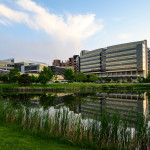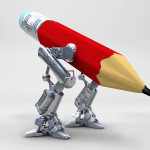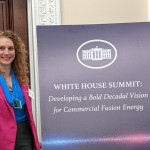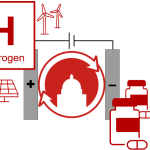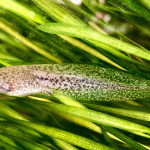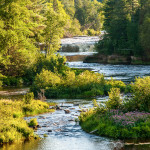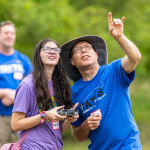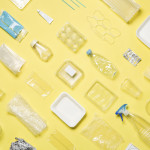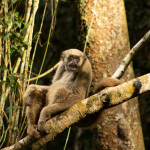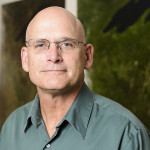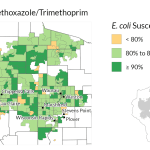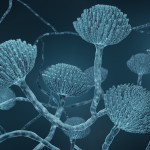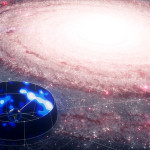Category Science & Technology
Machine learning analysis of research citations highlights importance of federal funding for basic scientific research
Researchers found patterns to help identify the citations that were more likely to be important to each piece of published science.
Four things an educational psychologist wants you to know about AI in the classroom
A former classroom teacher, a parent and scholar of technology and learning offers a few suggestions — and some assurances — about what to expect from AI in the near future.
UW–Madison part of effort to advance fusion energy with machine learning
The new collaboration is built on open-science principles and will use machine learning to advance our knowledge of promising sources of magnetic fusion energy.
UW–Madison joins state consortium to bolster Wisconsin’s lead in biohealth
The consortium will build on Wisconsin’s role as a center for growth in personalized medicine and biohealth technology to enhance the health and economic well-being of Wisconsinites and the global community.
New approach shows hydrogen can be combined with electricity to make pharmaceutical drugs
Developing a hydrogen-based way to make pharmaceuticals aligns with renewed interest in a "hydrogen economy."
Down the tubes: Common PVC pipes can hack voice identification systems
Machine learning algorithms can ward off a host of digital impersonators trying to hack voice recognition software, but new research has shown they aren't so impervious to analog threats.
Mapping methane emissions from rivers around globe reveals surprising sources
The findings will improve methane estimates and models of climate change, and point to land-management changes and restoration opportunities that can reduce the amount of methane escaping into the atmosphere.
During pandemic, proponents of ‘doing your own research’ believed more COVID misinformation
DYOR fans among the researcher’s panel of survey respondents grew more distrustful and more ill-informed about COVID-19 even as news of successful vaccine trials emerged.
The Sky’s the Limit: Autistic youth explore science on their terms at STEM camp
Rotating through stations, campers learn to estimate the canopy cover of a nearby wooded area (by pretending they’re aliens), calculate the ages of tree rings and create mini ecosystems in Mason jars.
New recycling process could find markets for ‘junk’ plastic waste
A new plastics recycling method reduces emissions by 60 percent and opens the door to the reuse of materials like plastic film, multilayer materials and colored plastics.
Cancer diagnosis and treatment could get a boost from machine learning
Liquid biopsies rely on simple blood draws instead of taking a piece of cancerous tissue from a tumor with a needle.
Ackerman to retire from vice chancellor for research and graduate education post
Ackerman, who came to UW–Madison as a researcher in 1987, rose through the university's leadership ranks while remaining a dedicated researcher and mentor. He has announced his plans to retire effective Sept. 15.
New maps show antimicrobial resistance varies within Wisconsin neighborhoods
Mapping variations in antibiotic resistance could help patients receive better informed treatment decisions from their health care providers.
Fueled by new chemistry, algorithm mines fungi for useful molecules
Researchers have trained a new algorithm based on promising new targets and reinvigorated the search for clusters of genes likely to result in interesting biological compounds.
Picturing the places wildlands and people meet at a global scale
Led by a team at UW–Madison, researchers have created the first global map of wildland-human interfaces. Their findings, recently published in Nature, could improve responses to environmental conflicts like wildfires, the spread of zoonotic diseases and loss of ecosystem biodiversity.
Art that integrates data visualizations can help bridge the US political divide over climate change
Researchers have shown that combining climate data with visually engrossing art can make data more meaningful to viewers and bridge political divides related to climate science.
IceCube shows Milky Way galaxy is a neutrino desert
For the first time, the IceCube Neutrino Observatory has produced an image of the Milky Way using neutrinos — tiny, ghostlike astronomical messengers.


